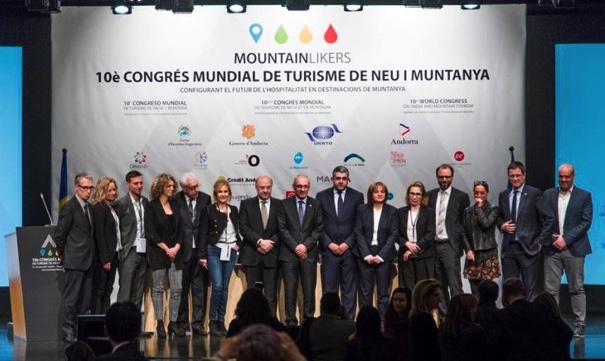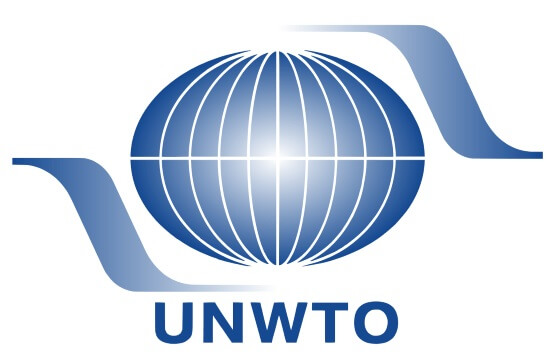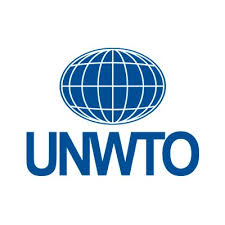
Snow and Mountain Tourism faces the challenge of adapting to change
Madrid, Spain, 27 March 2018 – The 10th World Congress on Snow and Mountain Tourism (Andorra, 21-23 March 2018) highlighted the need to adapt tourism accommodation to the expectations of today’s customers and to increase the quality of the traveller’s experience, while identifying knowledge management and hospitality culture as keys to success.
Organized jointly by the seven communes of the Principality, the Government of Andorra and the World Tourism Organization (UNWTO), this Congress constitutes a permanent forum for debate on the development and sustainability of tourism in mountain areas.
More than 400 participants attended the tenth edition of the Congress, including around thirty speakers from more than 16 countries and experts from Spain, the United States, Finland, France, Greece, Japan, the United Kingdom and Switzerland, among many others.
At the closing of the Congress, UNWTO Secretary-General Zurab Pololikashvili stressed the importance for mountain destinations to not only provide responses to the changing demands of travellers, but also to cover areas that range from “the need to build infrastructure and sustainable accommodations, quality professional training, as well as combating seasonality and optimizing resources”.
As a conclusion of the discussions over three days, the experts highlighted aspects that should mark the roadmap to follow for this segment of international tourism:
The tourism sector came out of the crisis reaching a record number of tourists and tourism accommodation supply and is taking the necessary steps to cater to a customer profile that is increasingly more demanding and more experienced.
Digitalization and globalization have created tourists with habits and expectations that are very different from those of traditional visitors, thus requiring products to be adapted to changing expectations on the demand side.
Certain aspects on the supply side must continue to be improved, keeping in mind that the quality of the visitor’s experience should be the central axis of this evolution.
Being able to offer hotels, ski slopes and tourism facilities that satisfy tourists is just one of the aspects that guarantee the success of a mountain destination. But there are other factors involved, such as knowledge management, the quality of services and the culture of hospitality.
University training and experiences are applicable to tourism activity, and in this regard, observation and research studies in mountain destinations have helped develop sustainable environments.
New digital platforms must offer security and trust for both owners and guests. In the area of accommodation regulations, Andorra presented its new legislation and highlighted its five objectives: respond to new customer behaviours, improve equity among groups of accommodations, reduce unlicensed operations and facilitate the regulation of illegal accommodation, and improve the quality and safety of visitors. In addition, Andorra has introduced online reputation for the first time as a new criterion for the classification of accommodation.




